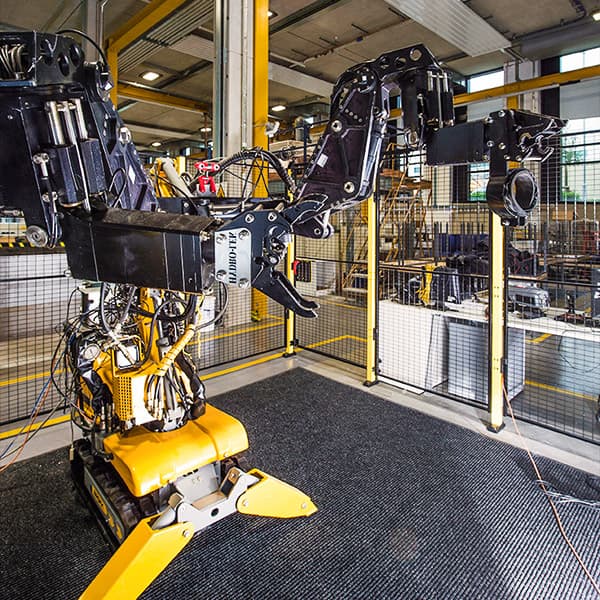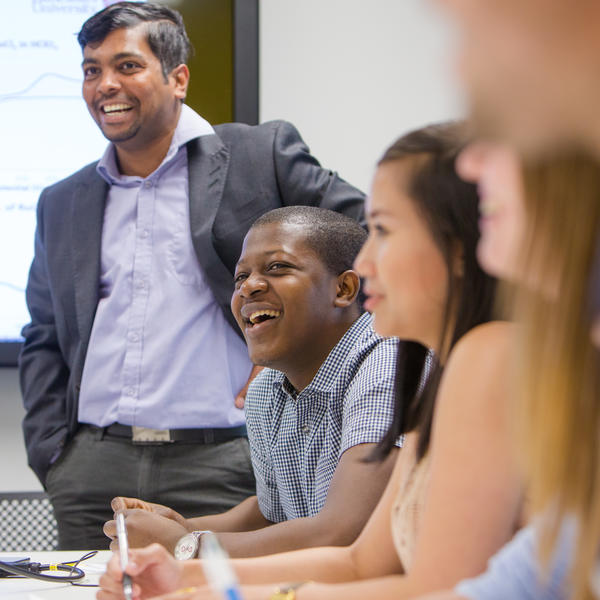GRASP day
We’re excited to introduce GRASP (Generating Robotic Arm Solutions and Prototypes), a new research and outreach project developed by the School of Computing and Communications at Lancaster University.
Through GRASP, pupils will collaborate with our staff to design, prototype, and evaluate innovative user interfaces for a robotic arm. The project combines hands-on creativity with real research in robotics, aiming to inspire young people about STEM subjects and related career paths through engaging, practical activities.
Beyond outreach, GRASP also contributes to ongoing research by gathering anonymous data on novel robotic applications and interface concepts, insights from the prototyping process, and participant feedback throughout the day.
The GRASP day includes:
- An introduction to robotics, the Tinkerkit Braccio robot arm, and design activities focused on new application areas
- An introduction to novel user interfaces technologies, and design activities focused on new user interface ideas.
- Physical prototyping activities using the Micro:bit to construct user interface ideas
- Evaluation of the prototype user interfaces through controlling a robot arm in a set of predefined tasks
- A tour of the School of Engineering facilities
- A talk from our engineers on how research in robotics is impacted from the nuclear industry to prosthetics
As part of the research element, the GRASP project will collect:
-
Outputs from design activities (drawings and text)
-
Observation notes from researchers
-
Photographs of physical artefacts created
-
Quantitative data automatically captured from Micro:bits
-
Survey responses reflecting participants’ experiences
All data will be collected anonymously. Information sheets and consent forms will be provided to parents or guardians in advance, and data will only be collected from pupils with parental consent.





.png)
.png)
.png)
.png)
.png)
.png)
.png)